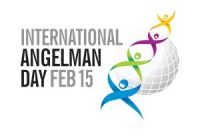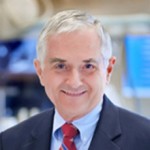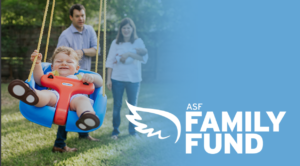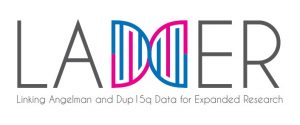-
2025 Angelman Syndrome Foundation.
All rights reserved. -
3015 E. New York Street, Suite A2 #285
Aurora, IL 60504 - (800) 432-6435
- info@angelman.org
Angelman syndrome was first identified by Dr. Harry Angelman, an English physician at Warrington General Hospital, in 1965. Since that time, we have built a strong community, invested in research and have enhanced therapeutics.
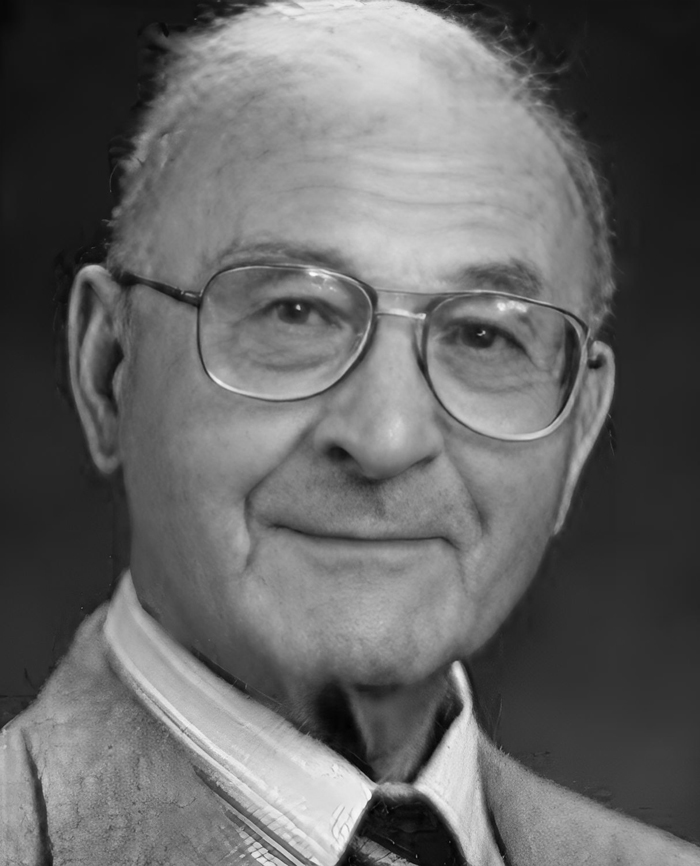
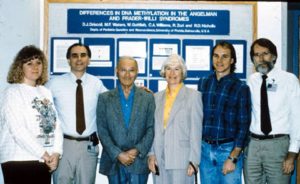
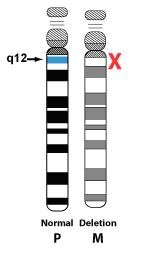
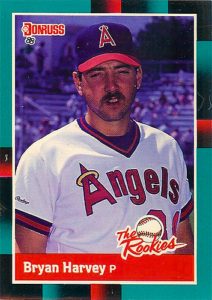
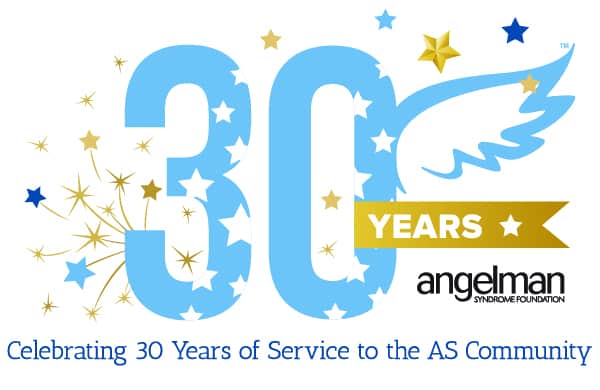
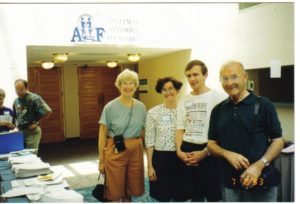
The Bradleys and the Angelmans at the 1993 ASF Conference in Orlando, FL.
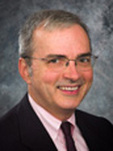
Dr. Joseph Wagstaff
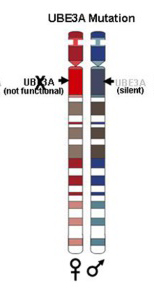
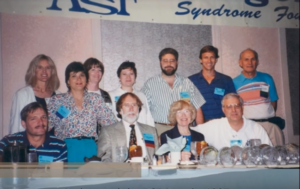
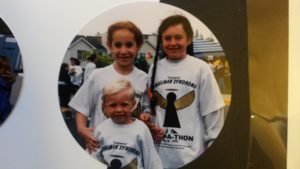
From the 1999 event
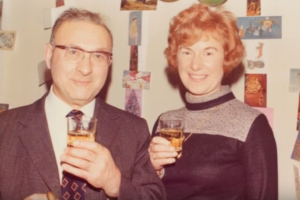
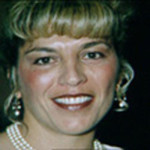



Dr. Ron Thibert
